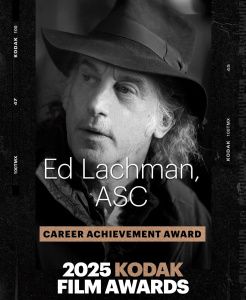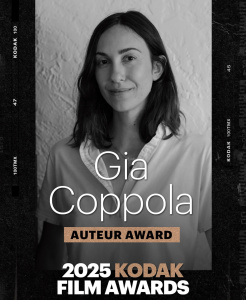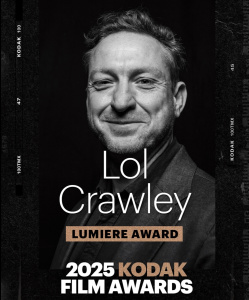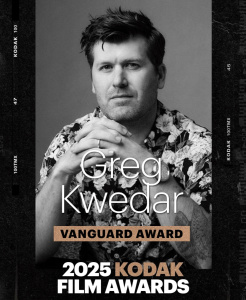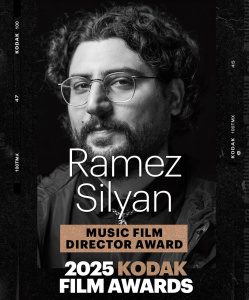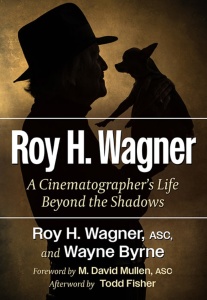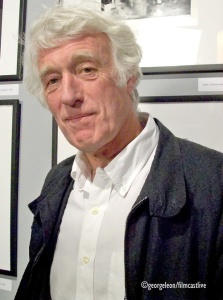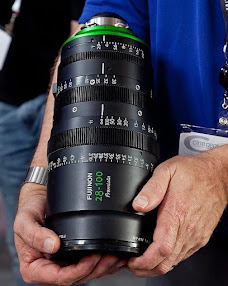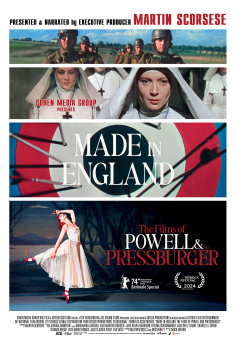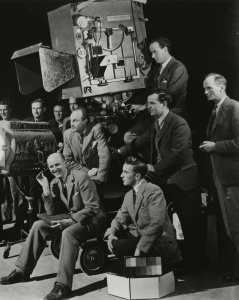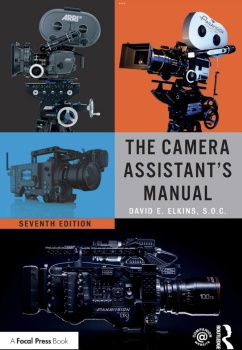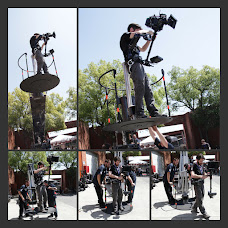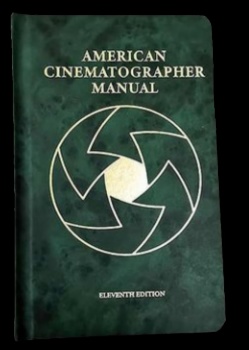GUNS AND GAMS: A NIGHT WITH WOODY ALLEN AT THE 92ND STREET Y
To close my postings about the Cannes Film Festival this year, I decided to bring to you a new write-up courtesy of our discerning guest blogger, Culture Sandwich. As we all know Woody Allen's, You Will Meet a Tall Dark Stranger, the amusing romantic romp sprinkled with social dysfunction and marital angst in a quaint British setting, premiered at Cannes this year. Caroline Hagood, who writes and publish Culture Sandwich went for an evening of Guns and Gams, a Night with Woody Allen, and below you will find a recount of Allen's evening quasi-neurotic observations.
On rifles again: There are some problems in life that, no matter how much of a liberal democrat you are, you have to get in there with a gun.”
On the scene where Shane (Alan Ladd) goes after justice with (you guessed it) a rifle: “That’s how life should be. He did something in the town that I would be too scared to do. It’s probably ritual murder of the father in Freudian terms. In fact, it’s a Mitzvah. It’s a nice poetic thing.”
(The Moderator’s reaction to the above: “O…kay.”)
On what “smart people” who go to see movies need: “A Mozart concerto or an Ingmar Bergman film.”
On westerns: “I like urban films. I’m not interested in saddles.”
On “urban” films: ““When you see Frank Sinatra playing a cowboy, you want to throw up.”
On how to tell if a movie’s funny: “You look at your stomach and see.”
On Marlon Brando’s talent: “Nothing short of pulverizing.”
On his favorite moment in a Marx Brothers movie: “When they paper the woman to the wall in A Day at the Races.”
On what movies pass his tummy-laughing test of comic authenticity: “I’ve made a number of comedies and I would exclude all of those.”
On why he uses long takes in his movies: “Because I’m lazy”
On the kind of comedy he doesn’t like: “broad.”
On the kind of comedy he does: “effete.”
On what that might look like: “Penthouses, men shaking martinis, women coming home in sables and making jokes about alimony.”
On Audrey Hepburn’s sex appeal: “She’s a lovely creature, beyond what you could expect to end up with in life. Not my kind of woman--not hot enough. For me, cheap is good.” (Film clip from Roman Holiday is shown.) “Now that I’m 74, she looks a little sexier.”
On Frank Capra’s work: “Wonderful, wonderful films that I never liked.”
On the perennial question concerning his Ingmar Bergman worship: “I was this Jewish nightclub comic from Brooklyn. Why was I getting my influences from films by a Swedish, religious filmmaker?”
On the Thin Man movies: “I loved when guys slept in pajamas—they were so urban they slept in pajamas.”
On why he stopped seeing sci-fi films: “My interest turned to girls.”
On Lebron James: “I don’t like the idea of buying a great guy and getting him to do it for us.”
On the actors that came after Brando: “They’re all living off the human poem of this guy, nourished by the poetry that he was.”
Caroline Hagood is our guest writer and she is a poet and writer living in New York City. She has written on books, film and culture for Salon, the Huffington Post, Film International, Film-Philosophy, Film Catcher, The Journal of Popular Culture, and in her own blog, Culture Sandwich .








